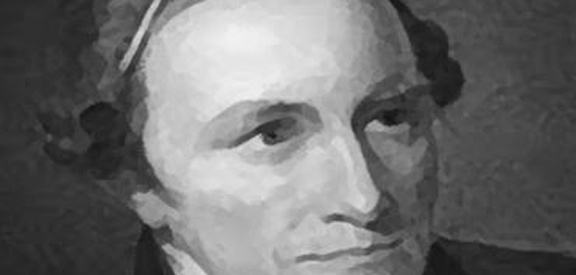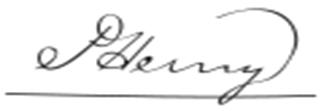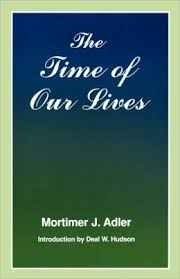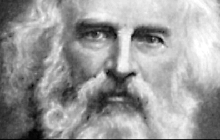LIB’ERTY, n. [L.* libertas*, from* liber*, free.] 1. Civil liberty is the liberty of men in a state of society, or natural liberty, so far only abridged and restrained, as is necessary and expedient for the safety and interest of the society, state or nation. A restraint of natural liberty, not necessary or expedient for the public, is tyranny or oppression. 2. Political liberty is sometimes used as synonymous with civil liberty. But it more properly designates the liberty of a nation, the freedom of a nation or state from all unjust abridgment of its rights and independence by another nation.
{In 1763, arguing the famed Parson’s Cause in Hanover County, Patrick Henry proclaimed that a king who would veto a good and necessary law made by a locally elected representative body was not a father to his people but “a tyrant who forfeits the allegiance of his subjects.” Henry amplified his idea to the point of treason in defending his resolutions against the Stamp Act in the House of Burgesses May 30, 1765.
Carried away by the fervor of his own argument, the plainly dressed burgess from Louisa County exclaimed that “Caesar had his Brutus, Charles the First his Cromwell, and George the Third…” At this point, cries of treason rose from all sides, but with hardly a pause, Henry neatly “baffled the charge vociferated” and won the burgesses for his cause. Five of his resolutions approved, the new leader in Virginia politics saddled his lean horse and took the westward road out of Williamsburg. (After his departure, one of the resolutions was overturned.) Henceforth, Patrick Henry was a leader in every protest against British tyranny and in every movement for colonial rights.(Source)}
——-
“We have done everything that could be done to avert the storm which is now coming on . . . . The next gale that sweeps from the north will bring to our ears the clash of resounding arms! Our brethren are already in the field! Why stand we here idle? What is it that gentlemen wish? What would they have? Is life so dear or peace so sweet as to be purchased at the price of chains and slavery? Forbid it, Almighty God. I know not what course others may take, but as for me, give me liberty or give me death!” –Patrick Henry. Date: March 23, 1775. Speech at St. John’s Church in Richmond before the Virginia legislature
“Guard with jealous attention the public liberty. Suspect everyone who approaches that jewel. Unfortunately, nothing will preserve it but downright force. Whenever you give up that force, you are inevitably ruined.” –Patrick Henry. Date: June 5, 1778. Speech to the Virginia Ratifying Convention










